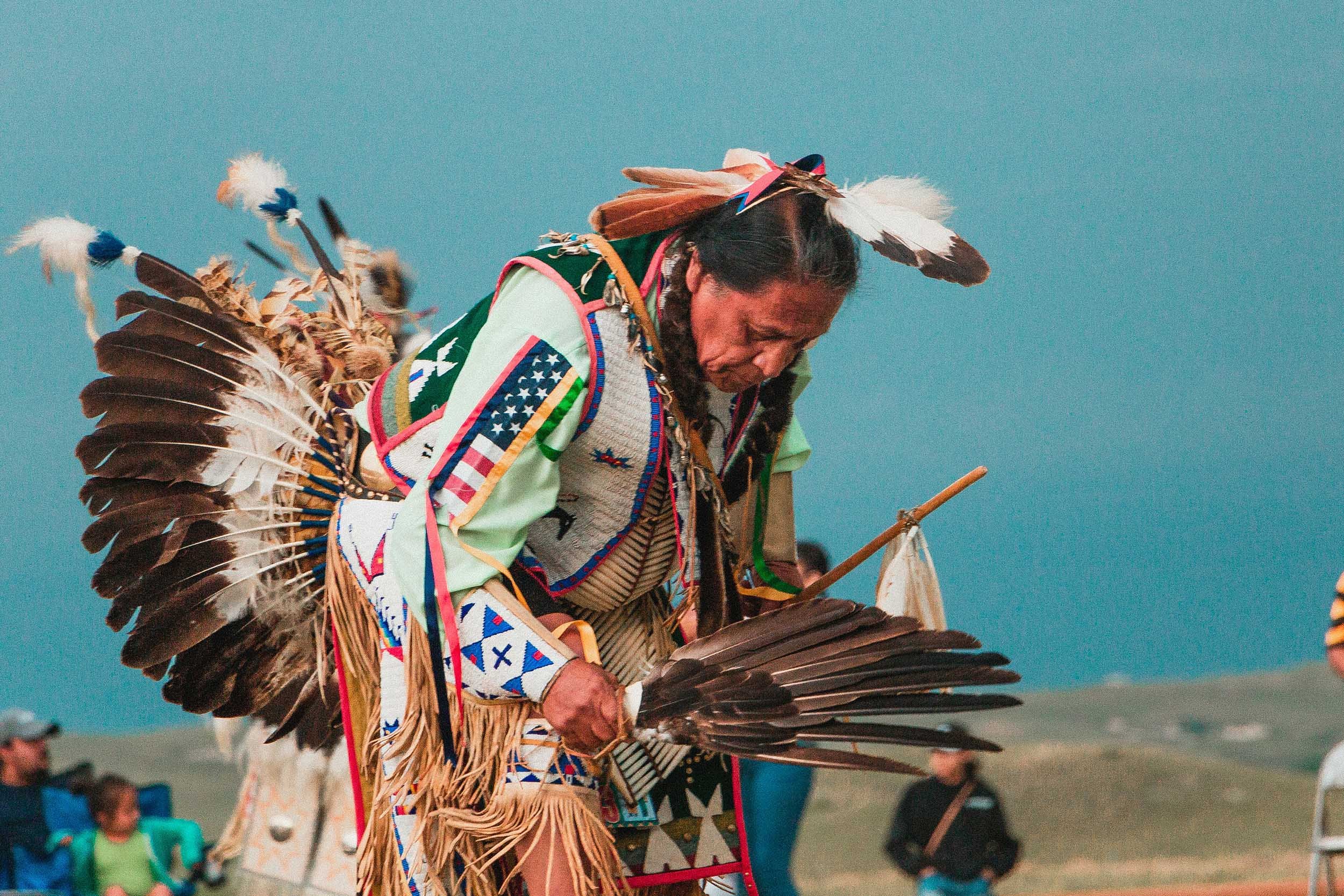
Affective University
National Indigenous History
Deepen understanding and awareness of Indigenous history, culture, and contributions within Canada.
Course Overview
This course is designed to deepen understanding and awareness of Indigenous history, culture, and contributions within Canada. Participants will engage with key moments in Indigenous history, explore the critical role of language and words, and examine the ongoing legacies of colonization, including residential schools and Indigenous activism. By the end of the course, learners will develop a deeper respect for Indigenous resilience and resistance, gain insight into the 94 Calls to Action from the Truth and Reconciliation Commission, and understand the significance of Orange Shirt Day and the Missing and Murdered Indigenous Women and Girls (MMIWG) crisis.
Learning Path:
1 hour 10 minutes
This training includes the following modules:
-
Overview of Indigenous peoples' role and presence in pre- and post-colonial Canada.
Examination of how Indigenous history is framed in Canadian historical narratives.
-
The importance of language in understanding Indigenous cultures and perspectives.
Analyzing the power of words in shaping Indigenous identity and stereotypes.
How to respectfully use language in discussions related to Indigenous communities.
-
The origins and purpose of National Indigenous History Month.
Key figures and events that led to its establishment.
-
Exploration of critical historical events, treaties, and landmark decisions.
The significance of these moments in shaping modern Indigenous experiences.
-
Examining how Indigenous communities have resisted colonization and maintained their cultural heritage.
Case studies of Indigenous leaders, movements, and acts of resistance.
-
In-depth exploration of the history and impact of the residential school system.
Understanding the intergenerational trauma caused by these institutions.
-
A review of the Truth and Reconciliation Commission's 94 Calls to Action.
Highlighting progress and ongoing efforts towards reconciliation.
-
Key figures and movements in Indigenous activism, from the Red Power movement to present-day advocacy.
The role of activism in advancing Indigenous rights and social justice.
-
The history and significance of Orange Shirt Day in remembering residential school survivors.
How this day has become a symbol of reconciliation and the need for public awareness.
-
Understanding the crisis of MMIWG in Canada.
Government responses and the National Inquiry into MMIWG.
Supporting ongoing advocacy and justice efforts.
Key Take-Aways
✔️ A deeper understanding of Indigenous history and its integral role in shaping Canadian society.
✔️ Awareness of the systemic challenges Indigenous peoples continue to face.
✔️ Knowledge of the ongoing impact of colonialism, including residential schools and the MMIWG crisis.
✔️ An understanding of the Truth and Reconciliation Commission’s 94 Calls to Action and how to contribute to reconciliation efforts.
✔️ Respectful language use and appreciation for Indigenous cultures, resilience, and activism.
Who Should Enroll?
Educators, government employees, and policy-makers looking to enhance their knowledge of Indigenous history and reconciliation.
Corporate and non-profit leaders seeking to foster inclusive and respectful workplace environments.
Students, scholars, and individuals interested in Indigenous issues and social justice.
Anyone committed to advancing reconciliation and building respectful relationships with Indigenous communities.
Are you ready to develop a deeper respect for Indigenous resilience, resistance, & more?
Enroll in our course "National Indigenous History" and become an organizational ally every day of the year.
Enroll today!
We offer in-person Equity, Diversity, & Inclusion Training for your entire team.
Get in touch with us and learn more about an in-person session.

